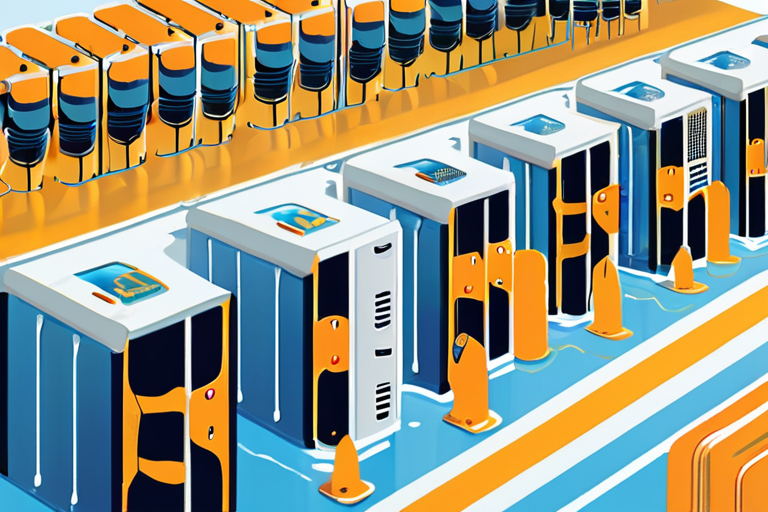Scottish Data Centres' AI-Fueled Water Guzzling Quadruples in Just Two Years


Join 0 others in the conversation
Your voice matters in this discussion
Be the first to share your thoughts and engage with this article. Your perspective matters!
Discover articles from our community

 Hoppi
Hoppi

 Hoppi
Hoppi

 Hoppi
Hoppi

 Hoppi
Hoppi

 Hoppi
Hoppi

 Hoppi
Hoppi

The Hidden Behemoth Behind Every AI Answer: How Much Energy Does It Take to Power Billions of Queries? Imagine saying …

Hoppi

Scottish Data Centres Powering AI Already Using Enough Water to Fill 27 Million Bottles a Year A recent Freedom of …

Hoppi

Electric Bill Shock: Local Data Center's Exponential Energy Needs Spark Controversy A recent surge in electricity bills has left consumers …

Hoppi

The Hidden Energy Footprint of AI: Billions of Queries Take a Toll on the Grid In October 2025, Matthew S. …

Hoppi

The Thirsty Beast of AI: Uncovering the Surprising Truth About Data Centers' Water Consumption In a nondescript warehouse on the …

Hoppi

The Download: AI's Energy Future In a groundbreaking investigation, MIT Technology Review revealed the significant energy consumption of the artificial …

Hoppi